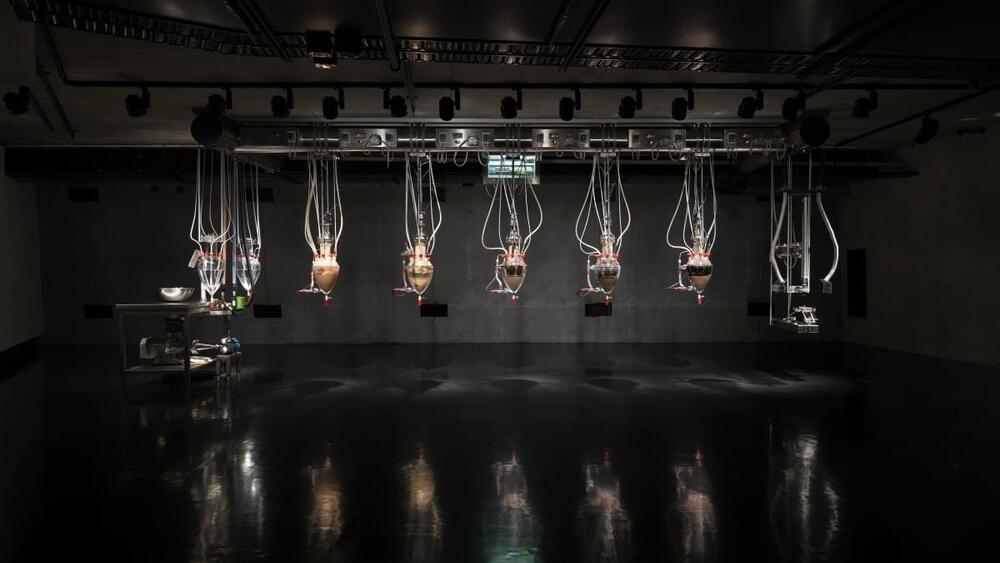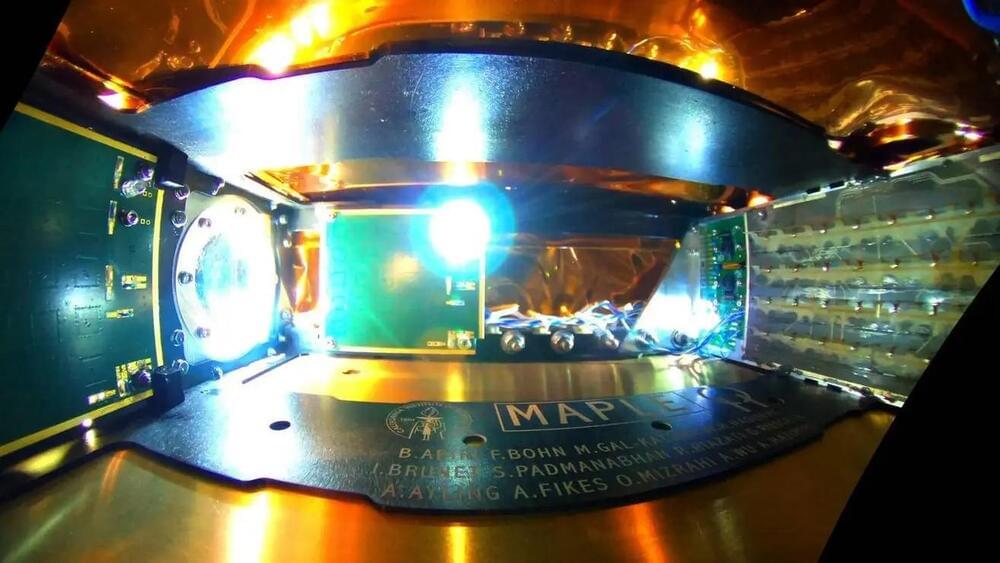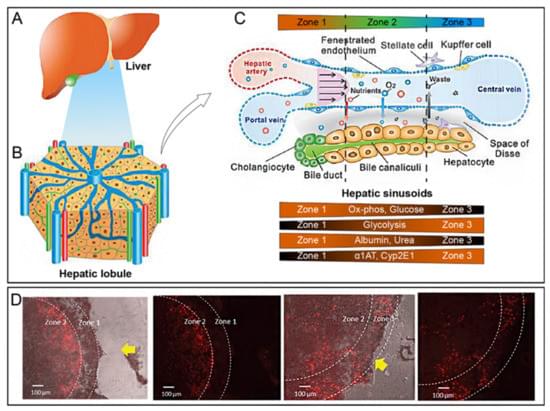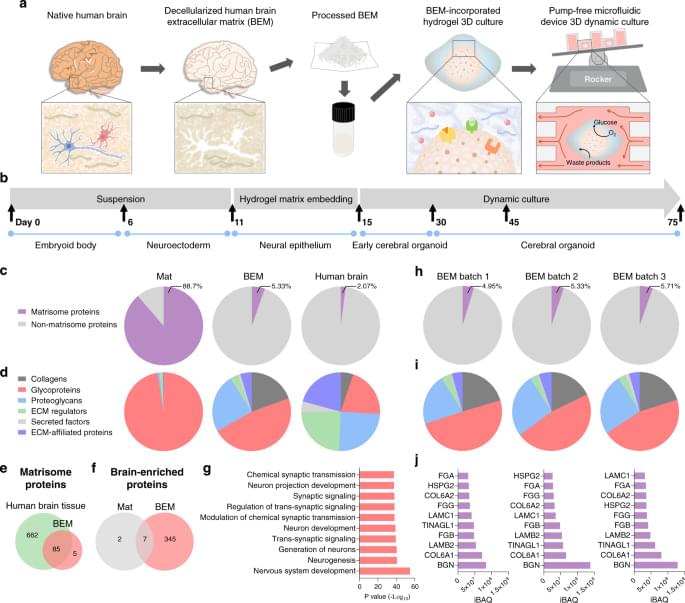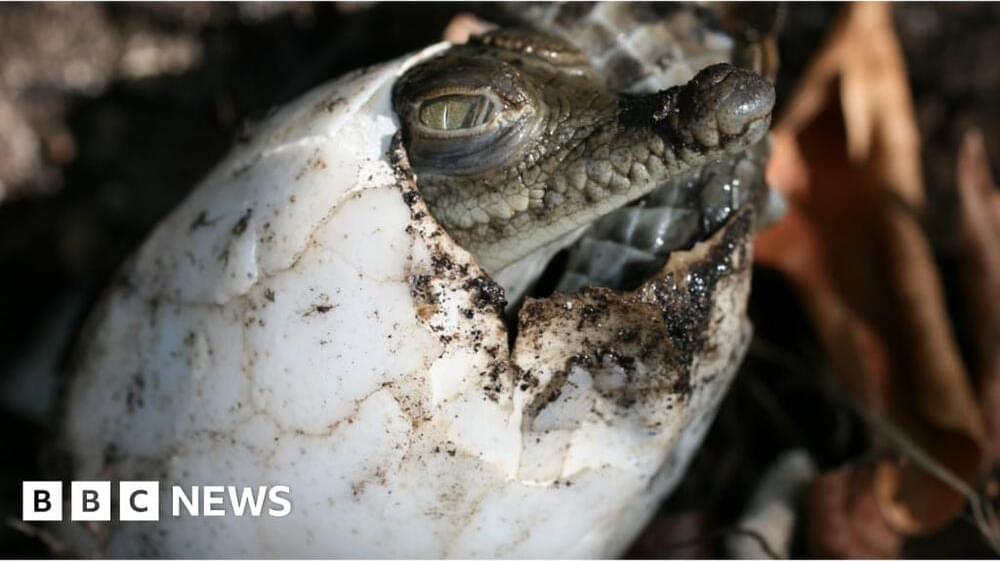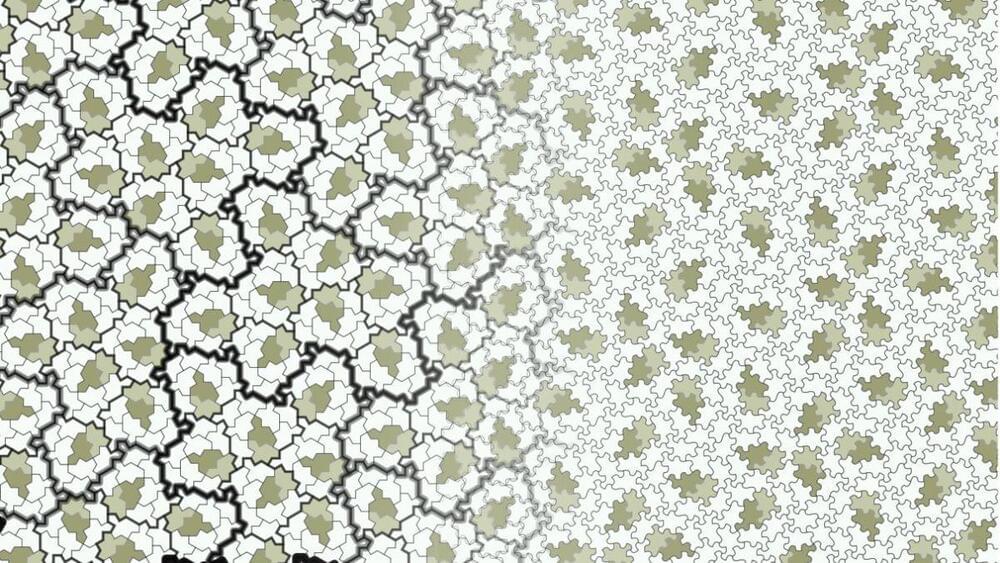
The Big Bang, traditionally considered the birth of the universe about 14 billion years ago, is being questioned. Physicist Bruno Bento and his team have proposed compelling research suggesting the universe may have always existed, and the Big Bang may merely be a significant event in its continuous evolution.
Bruno Bento and his colleagues set out to examine what the universe’s inception might have looked like without a Big Bang singularity. They grappled with contradictions arising when comparing accepted theories, particularly those dealing with quantum physics and general relativity. While quantum physics has accurately described three of the four fundamental forces of nature, it struggles to incorporate gravity. On the other hand, general relativity offers a comprehensive explanation of gravity, but falters when dealing with black holes’ centers and the universe’s genesis.
These contentious areas, termed “singularities,” are points in space-time where established physical laws cease to apply. Intriguingly, computations indicate an immense gravitational pull within singularities, even on a minuscule scale.
